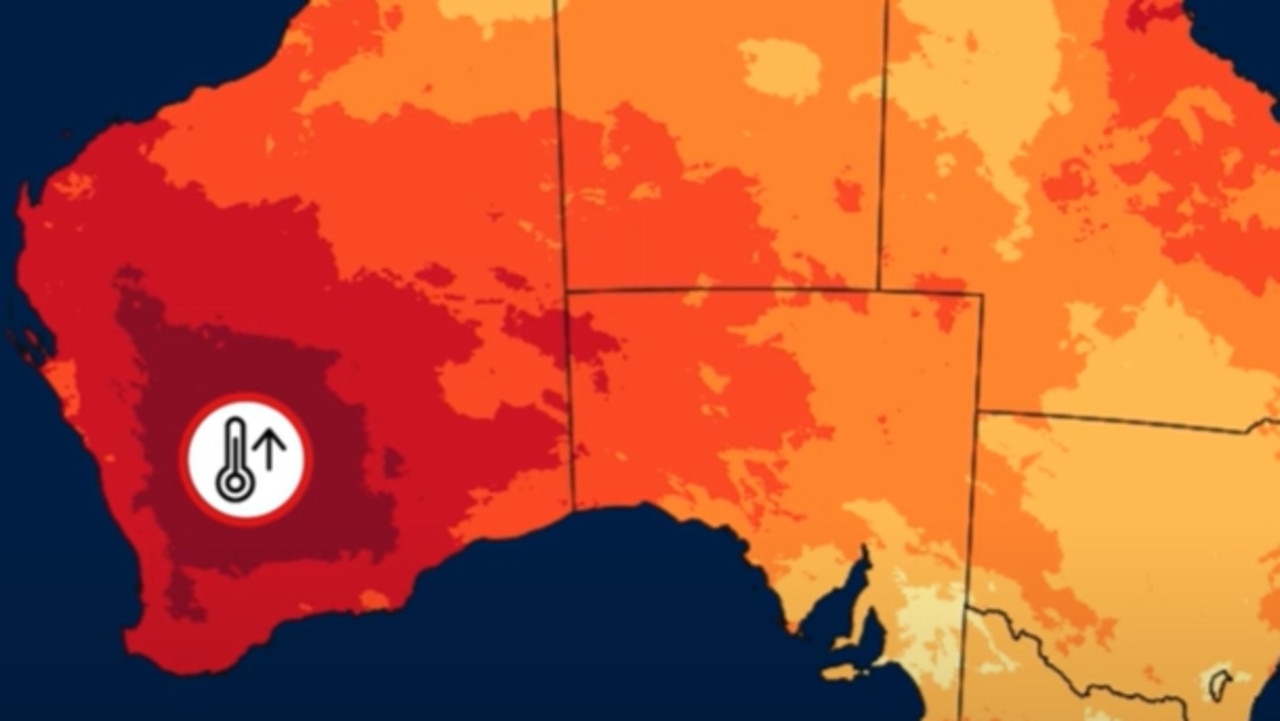Australia is facing a summer of heatwaves and increased fire risk as one state recorded its “warmest Spring on record”.
Across the three transitional months, Western Australia sweltered through temperatures that were 2.28C higher than average, according to the Bureau of Meteorology.
This eclipsed the previous record of 2.08C above average set in 2019, while Perth’s average maximum temperatures exceeded 30C in November for the first time.
Across the country, overall temperatures were 1.69C above average — making this Spring the fifth-warmest on record since observations began in 1910.
“Temperatures were above average with most states on track to be in the top 10 warmest on record,” Bureau of Meteorology senior climatologist Dr Lynette Bettio said.
“Spring has been dryer than usual in all states and territories with national rainfall about 23 per cent below average.”
Released this week, the Bureau of Meteorology’s summer outlook suggests all corners of the country will face a scorching summer, especially in Western Australia and the far north.
Between December and February, the Bureau predicts temperatures will be at least two and a half times more likely to be “unusually high” for much of Australia.
There’s also a high chance of reduced summer rainfall across the country’s northern and western regions.
Despite a surprisingly wet November across much of the eastern states, soil moisture remains below average across many southern and eastern regions following Australia’s driest ever September and October period.
Dr Bettio said the seasonal bushfire outlook for Summer shows an increased fire risk for most of Queensland, large parts of New South Wales and the Northern Territory, and “pockets” in every other state.
Also released this week, the Australasian Fire and Emergency Service Authorities Council’s summer bushfire outlook warned the vegetation growth brought on by previous La Niña rainfall will continue to dry throughout summer.
“Australian fire agencies have had a busy start to the bushfire season, with many working in their communities and across state borders to respond to bushfires,” chief executive Rob Webb said.
“An increased risk of bushfire makes it even more important for you to take action.
“Wherever you live, work or visit this summer, know where to find bushfire information, prepare your property, and talk to your family and friends about what you will do in an emergency.”
